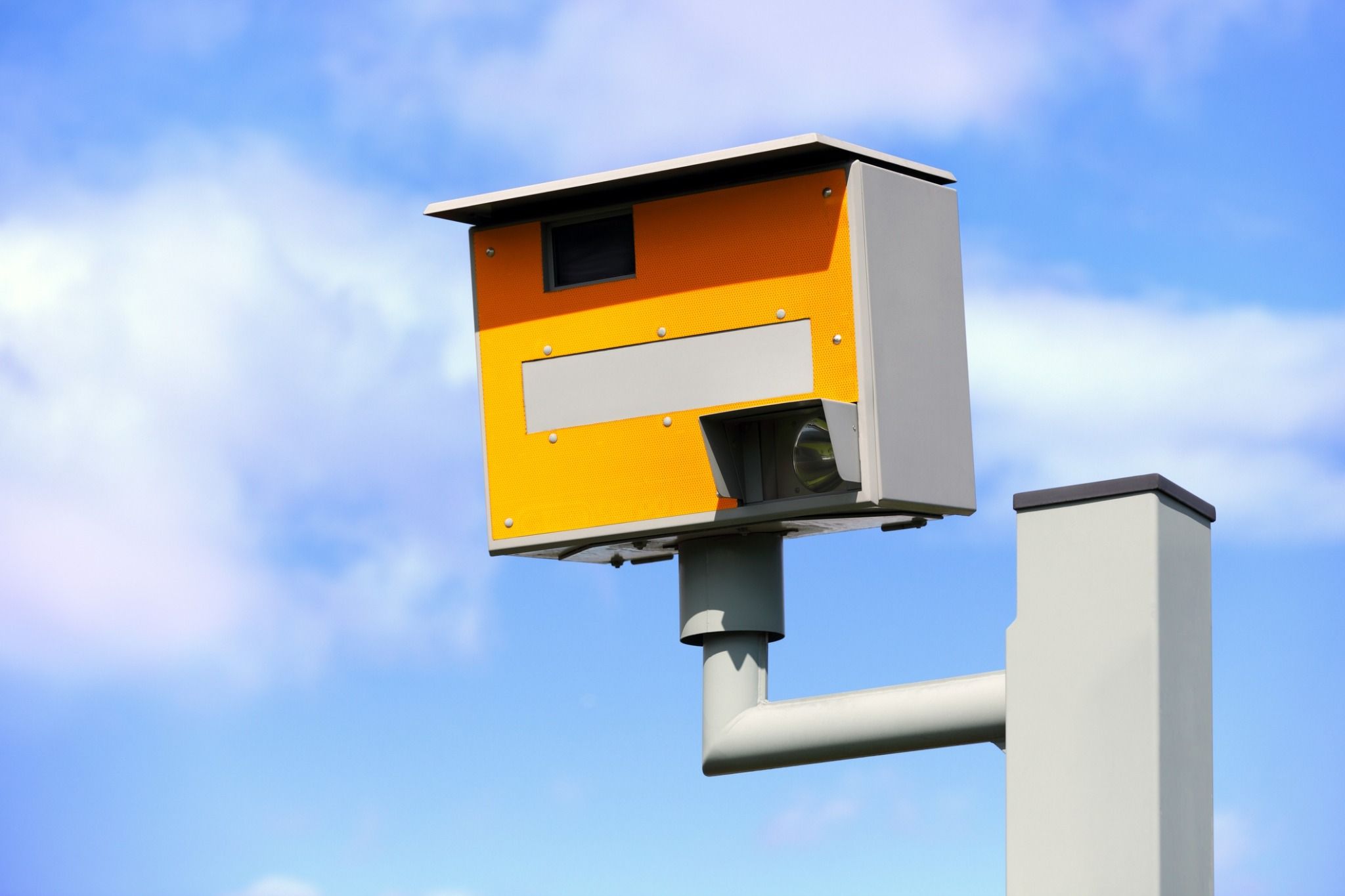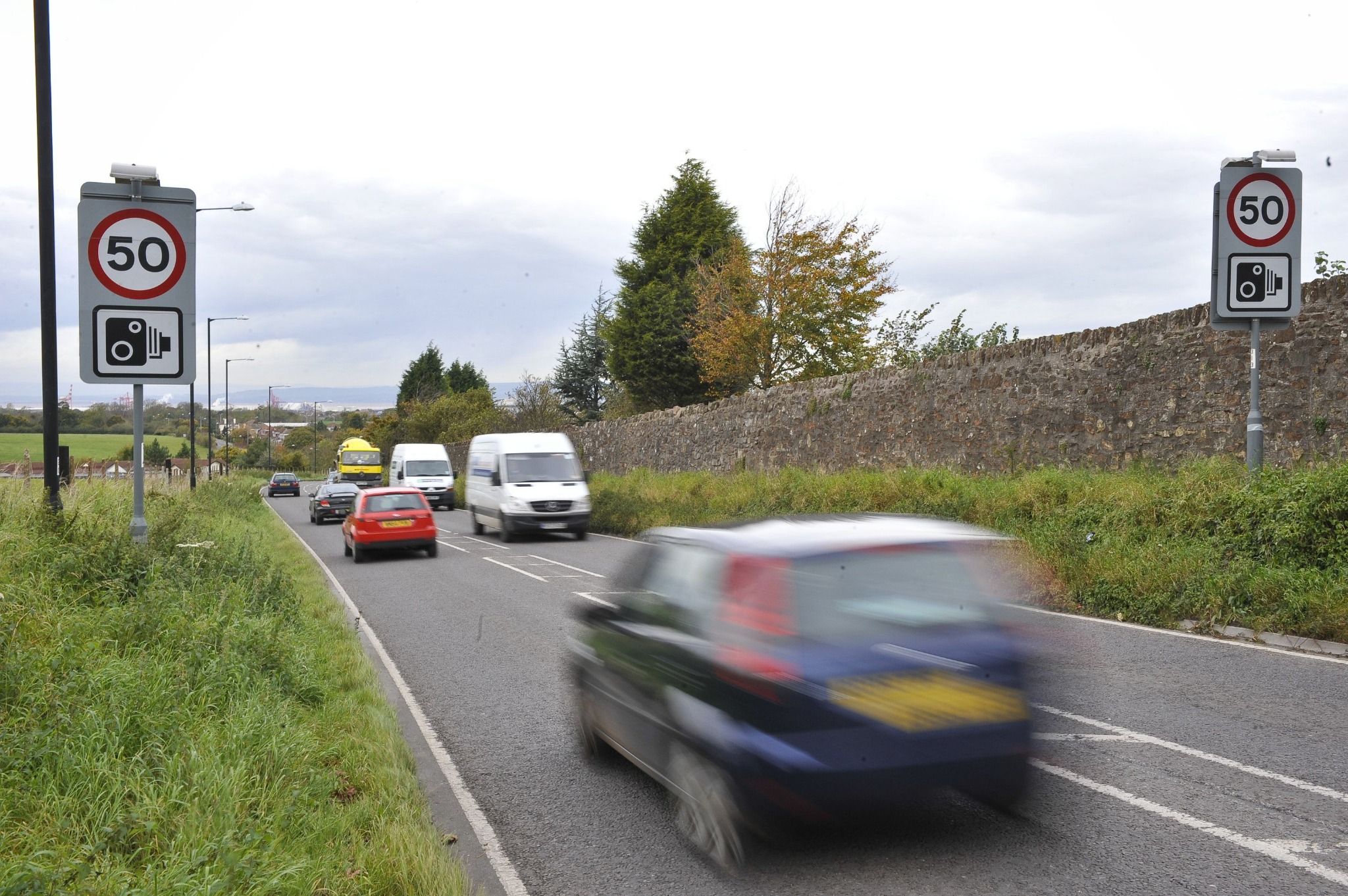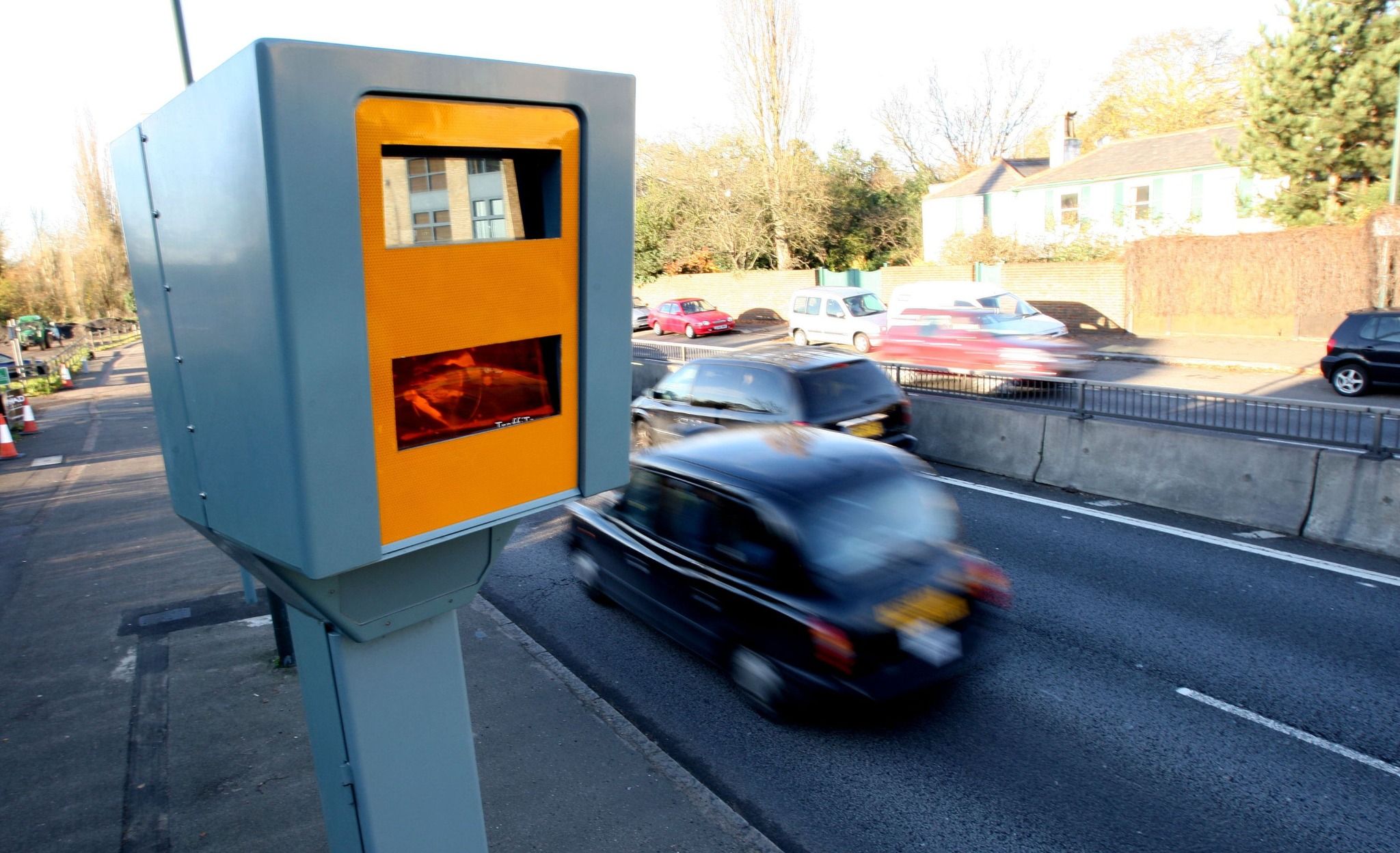Getting caught speeding can happen in two ways: through a speed camera or by a police officer. The process for each is slightly different.
Once you send back the section 172 notice, you will either receive a Fixed Penalty Notice (FPN) or a letter instructing you to go to court. If you receive an FPN, it will outline the fine you will be facing, and you can choose to either plead guilty or not guilty. However, if you decide to plead not guilty, your punishment may be more severe if you are found guilty in court.

When Caught Speeding by a Camera:
If you are caught speeding by a camera, you will receive a Notice of Intended Prosecution (NIP) within 14 days, along with a section 172 notice. You must fill in and return the section 172 notice within 28 days, providing the police with the driver's information. Failing to do so may result in having to go to court.
When Caught Speeding by a Police Officer:
If you are caught speeding by a police officer, they may take one of three actions. For minor offenses, you might receive a verbal warning without any further action.
Alternatively, you may receive a Fixed Penalty Notice, either directly from the officer or sent to you by post. In this case, you can still choose to plead guilty or not guilty, just like when caught by a camera. If the offense is serious, the police officer may order you to go to court. You will receive a letter providing instructions if this is the case.
How Much is a Speeding Fine?
Speeding ticket fines vary based on the severity of the offense. At a minimum, you will be charged £100 and receive three points on your license.
Speeding offenses fall into three categories: band A, B, and C, depending on how much you exceeded the speed limit. Here is a breakdown of the fine categories for speeding:
Speed Limit (mph) | Recorded Speed | Recorded Speed | Recorded Speed |
Band A | Band B | Band C | |
20 | 21-30 | 31-41 | 41 and above |
30 | 31-40 | 41-50 | 51 and above |
40 | 41-55 | 56-65 | 66 and above |
50 | 51-65 | 66-75 | 76 and above |
60 | 61-80 | 81-90 | 91 and above |
70 | 71-90 | 91-100 | 101 and above |
Points/ Fine | Three points 25-75% of weekly income | 4-6 points or7-28 days disqualified75-125% of weekly income | Six points or 7-56 days disqualified 125-175% of weekly income |


However, fines are capped at £1000, or £2500 for motorway tickets.
In some cases, you may be offered a speed awareness course instead of receiving points on your license. This course takes a day and costs around £90, but it's worth it to avoid the points. However, there is no guarantee that you will be given this option, and it won't be offered if you have a previous speeding conviction within the last three years.
For more serious offenses, there are also bands D, E, and F. Factors that may push a speeding ticket into these categories include driving a large goods vehicle, towing a trailer or caravan, driving near a school, carrying passengers, or having a heavy load, among other things.
The fine for a band D offense ranges from 200-300% of your weekly income, band E is 300-500% of your weekly income, and band F could result in a fine of 500-700% of your weekly income.
How Long Does It Take to Get a Speeding Ticket?
If you are stopped by a police officer, you will find out immediately if you are being let off with a warning or facing further action. If you are caught by a speed camera, you should receive any corresponding letters or NIP in the mail within 14 days.
However, it's important to note that the "14-day rule" is not absolute. While the Road Traffic Offenders Act 1998 states that offenders should receive a NIP or court summons "within fourteen days of the offense," police only need to demonstrate that, under normal circumstances, it should reach you within this timeframe. Factors such as postal strikes or delays, changing addresses, or letters being forwarded by a car rental company or employer will not excuse you from the penalty.


How to Pay a Speeding Fine
In England and Wales, you can pay your speeding fine online through the gov.uk website. Simply follow the instructions and have your FPN on hand for reference.
In Scotland, you can also pay your fine online. Alternatively, you can pay by phone or by post if you prefer. Instructions for these payment methods can be found on the Scottish Courts and Tribunals website.
Can You Contest a Speeding Fine?
You have the option to appeal a speeding ticket by completing the relevant section on your Notice of Intended Prosecution. However, it is crucial to carefully consider whether you have a strong case for disputing the ticket. If your appeal is rejected by the police, you will have to go to court. Keep in mind that if you contest the speeding ticket in court but are unsuccessful, you may face a tougher penalty than the original one you received.